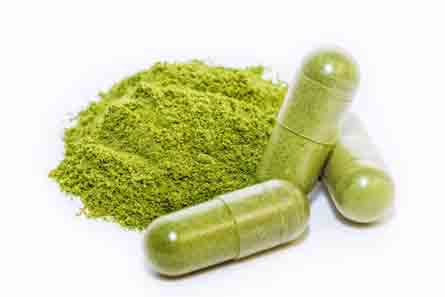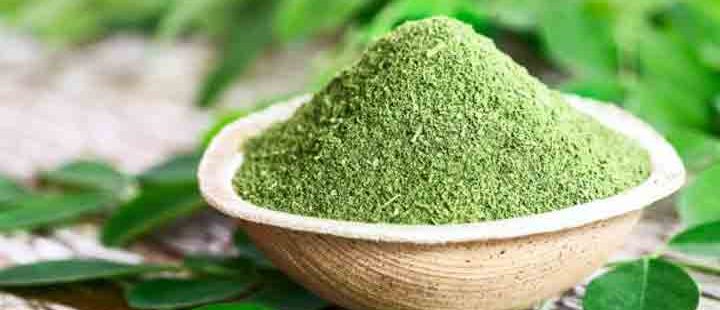There are several ways to take Moringa powder. Some people sprinkle it on their food like salads and soups, while others mix it in water and drink it. Some even sprinkle it on their sandwiches. But whether you choose to sprinkle it on your food or drink it as a beverage, be sure to follow the directions on the package to avoid any possible negative effects. We also discuss the nutritional value of Moringa powder, as well as the precautions to take before you start taking it.
Unusual ways to take Moringa powder

Taking Moringa powder is a common way to get the powerful benefits of the herb. It is used to treat many health issues, including arthritis, constipation, diarrhea, and diabetes. It is also known to help prevent pregnancy. Here are a few unusual ways to take Moringa powder. Read on to learn more about the benefits of this herb. Several people have reported experiencing improved moods and decreased inflammation after taking Moringa.
Side effects of Moringa powder
If you’ve ever wondered about the side effects of Moringa powder, then you’re not alone. This African plant is a powerful antioxidant, known for its ability to improve immune function. It also lowers free radical levels and oxidative stress in the body. This, in turn, can reduce the risk of many chronic diseases. While it might be hard to believe, the benefits of Moringa are so great, it’s hard to imagine the negative side effects.
Nutritional value of Moringa powder
Moringa oleifera leaf powder contains different nutritional properties than the leaf of the plant. The leaf has over 25 grams of protein, which is about the same as most other high-protein foods. However, the amount of carbohydrates, fats, and ash in the Moringa leaf powder is significantly lower than those found in other high-protein foods. Moringa leaf powder contains approximately 12% dietary fiber, 4% ash, and 0.52% moisture.
Precautions for taking Moringa powder
You must know the precautions before taking Moringa. The Ayurvedic texts say you should avoid taking Moringa if you are pregnant, menstruating, or have sensitive stomach. It adds heat to the stomach, and you should therefore not take it during these times. You can take two or three capsules before your main meals. However, do not take Moringa on an empty stomach.
Conclusion:
The moringa tree is a valuable source of nutrition for many developing countries, but more often than not, the dried leaves of the tree are sold as a food supplement. Moringa is loaded with antioxidants, a type of compound that protects cells from damage caused by free radicals. These compounds include quercetin, rutin, and chlorogenic acid. These antioxidants have many positive effects on the body, including reducing the risk of cancer, heart disease, and other diseases.
- Growing IT Sector in Prague: What Businesses Need to Know? - November 18, 2024
- How to Choose the Perfect Luxury Hotel in Prague for Your Stay? - November 18, 2024
- Why Skincare Product Ingredients Matter for Lasting Results? - November 3, 2024

